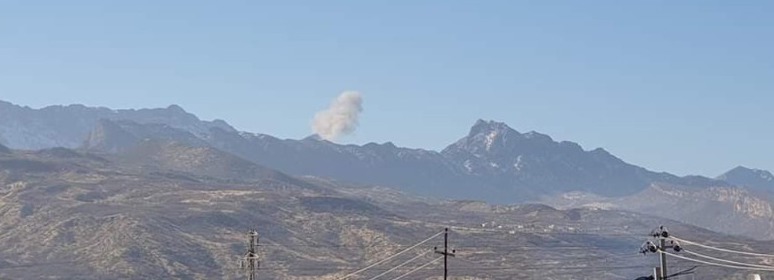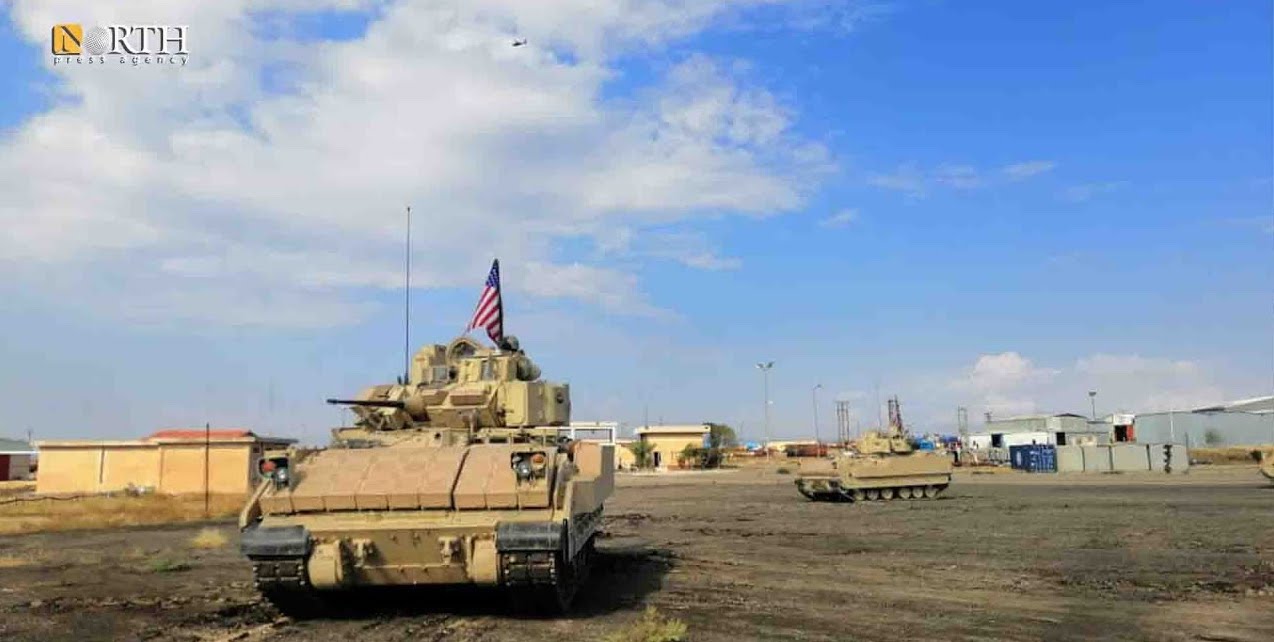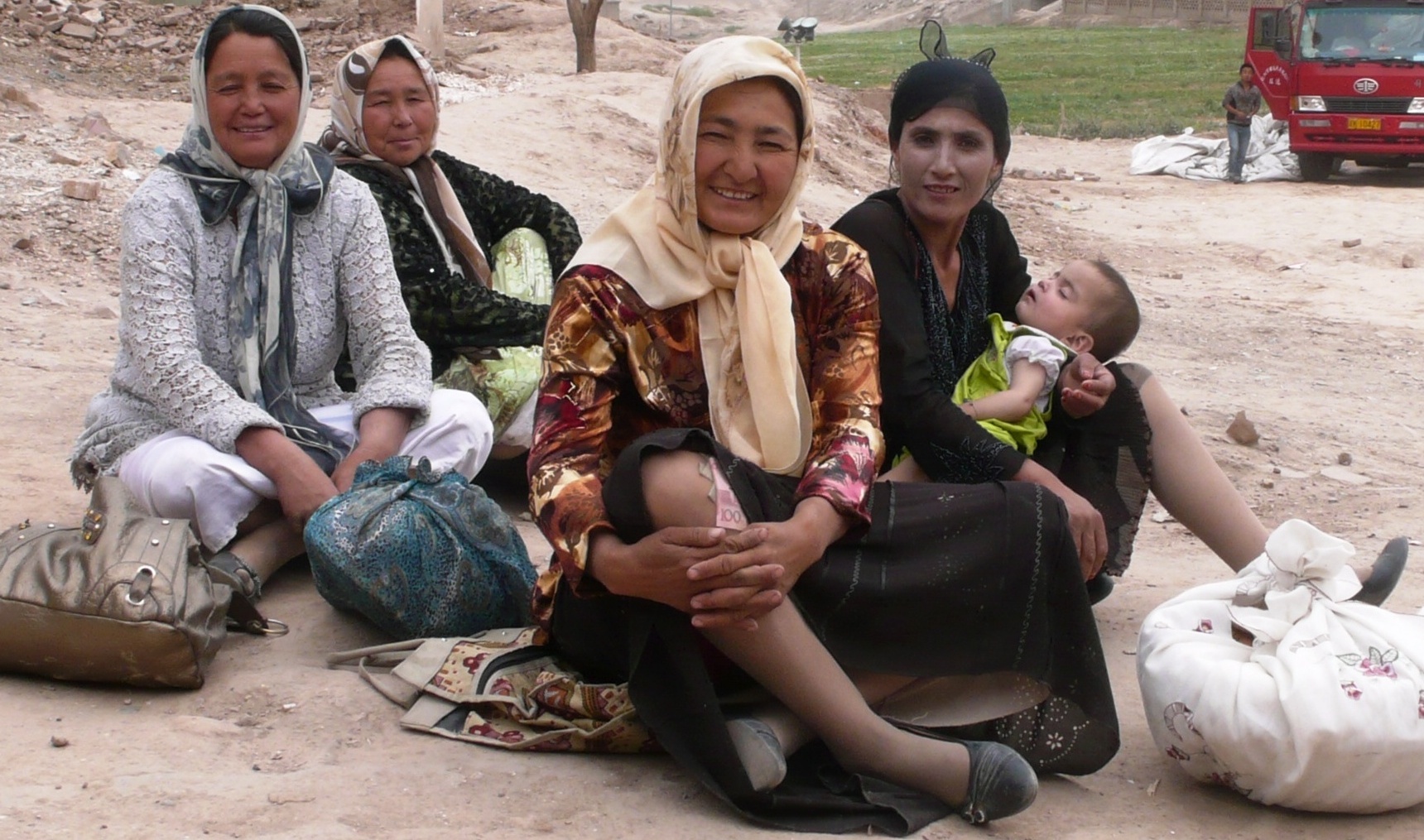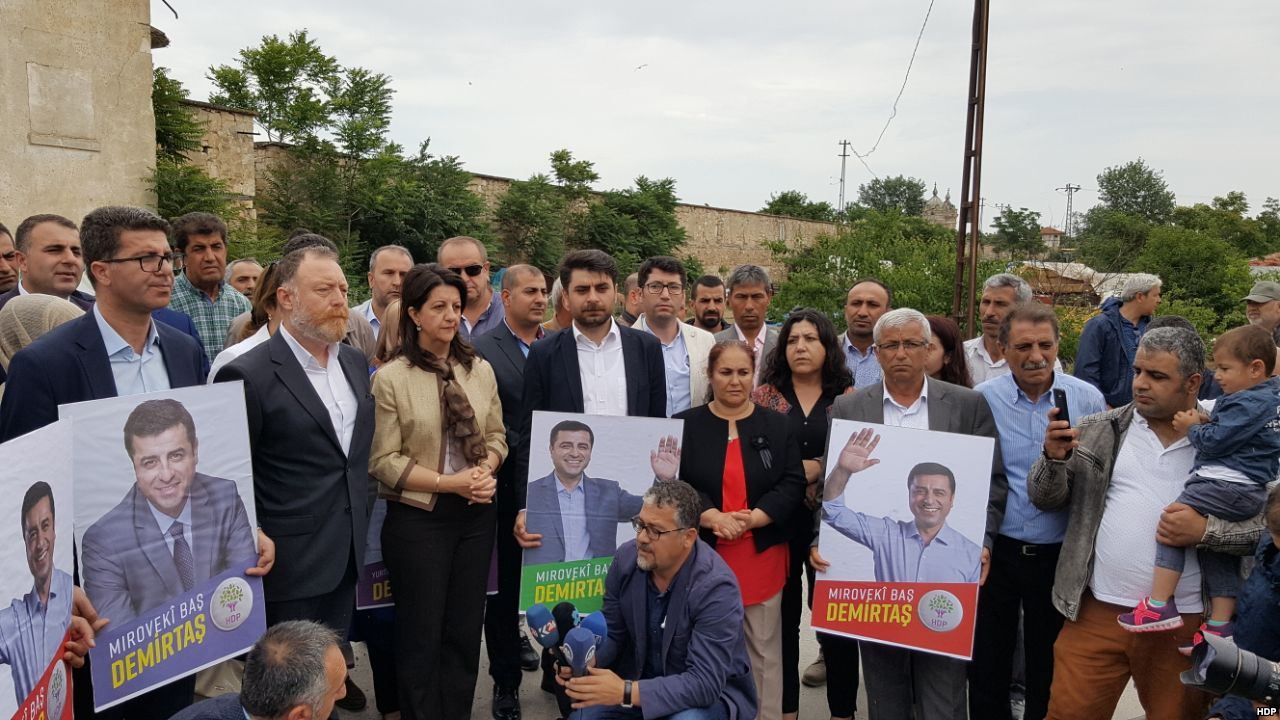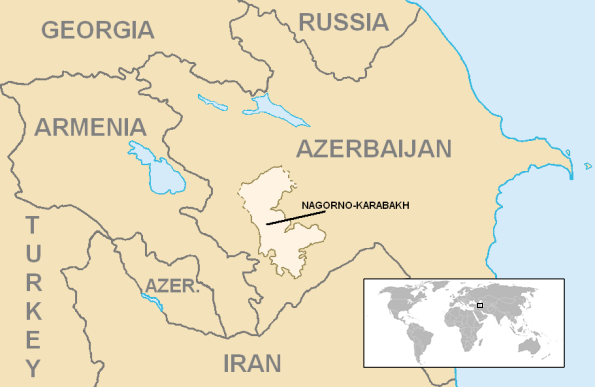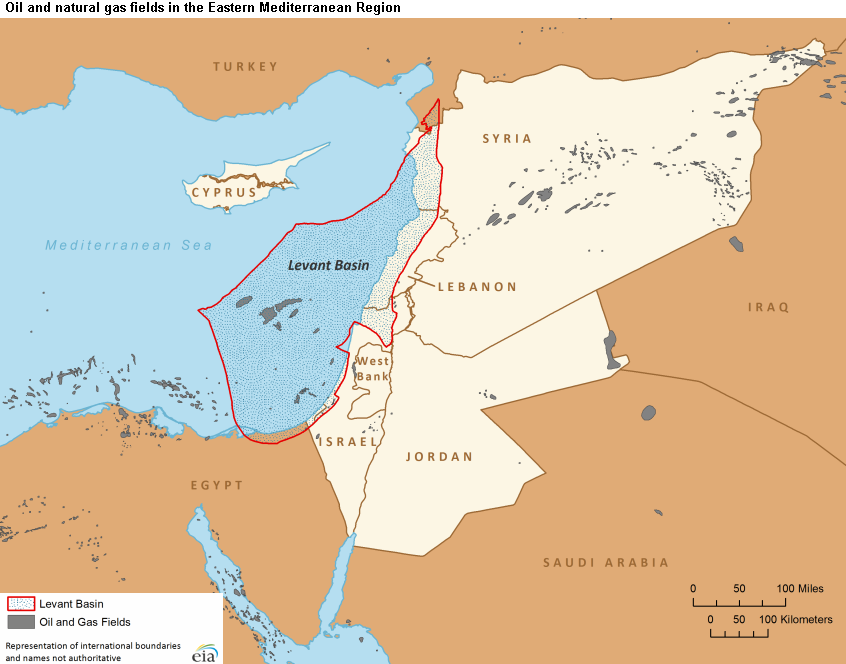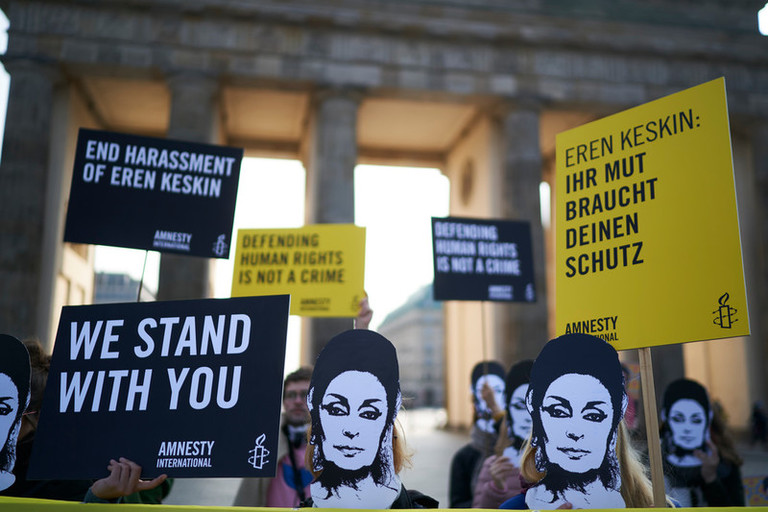
Turkey sentences ex-newspaper staff for ‘terrorism’
The High Criminal Court of Istanbul sentenced four former employees of the pro-Kurdish daily newspaper Özgür Gündem, shut down by a Turkish court order in 2016, to imprisonment on “terrorism” charges. Former editor Eren Keskin, who is also a prominent lawyer and human rights advocate, received a six-year sentence for “membership of an armed terrorist organization.” Amnesty International dismissed the charges as a fabricated attempt to criminalize dissent, and stated: “[A] human rights lawyer who has spoken out against injustice for more than three decades, has become the victim of injustice herself.” (Photo of solidarity demonstration in Berlin via Amnesty International)



